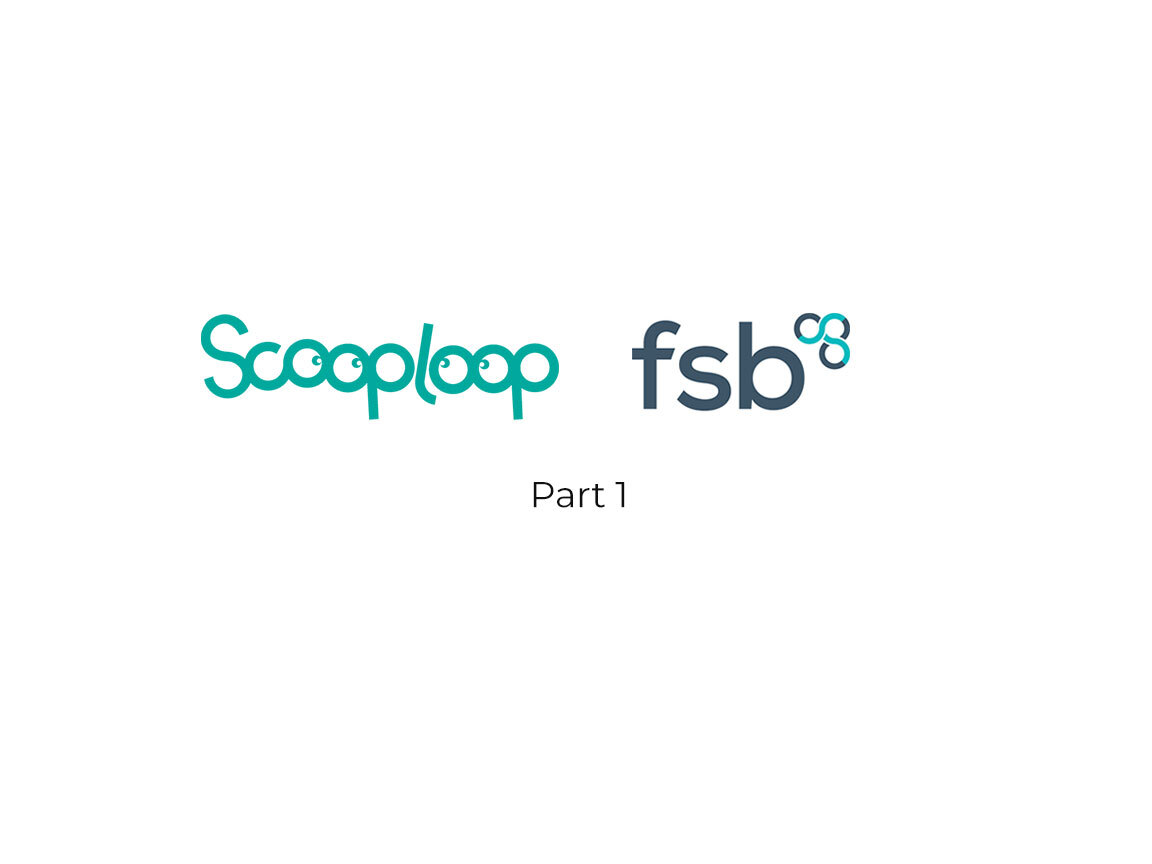Covid-19’s effect on small businesses: An interview with Emma Mattocks from FSB
We spoke with Emma Mattocks from the FSB organisation, to find out all about how FSB help support small businesses and how FSB have been coping during Covid-19. It was fantastic to speak with Emma about this, as we all know, businesses have taken a huge knock since the the virus hit the UK and small businesses in particular have been affected deeply. So we wanted to find out how FSB might be able to help and what they have to offer anyone looking for support.
How does the FSB help small businesses?
The FSB provide a membership to business owners of SMEs in the UK. Once a member, business owners can then gain the essential business support required to ensure their business runs smoothly and grows, with the use of the services included in the membership.
In addition to joining a business community made up of 180,000 business owners and business experts, members can take advantage from services such as 24/7 free legal advice and support, and a free business bank account, in addition to services, advice and support on things such as finance, health & safety, PR, debt recovery, insurance, free business skills workshops, FSB networking events, health care, and a great deal more. We also lobby the government on behalf of small business.
Our latest win was for more support for Self-Employed workers during the COVID19 crisis, with the Chancellor announcing the Self-Employment Income Tax Scheme on the 26 March 2020.
What challenges have FSB Members faced during the COVID-19 crisis?
The needs of our members, as with all businesses at this time, have changed over the course of the Covid19 crisis. Information in particular has been a constant challenge and source of anxiety for the many business owners I have spoken to over the last few months.
It’s hugely rewarding to be able to say that the FSB have been able to support business owners, particularly regarding accurate information. We have daily updates on our website, with information being fed to us directly from Westminster on a daily, sometimes hourly basis, which we are then able to pass on to our members via the new FSB’s online Coronavirus (COVID-19): Advice and guidance for small businesses and the self-employed.
Information on grants, business rates and furloughing were at the top of the agenda in the initial stages of the lockdown, with cash flow and the safety of staff and customers now becoming an increasing concern with the current prospect of the lockdown restrictions being slightly lifted.
We have also been quick to react to the needs of our members by taking such measures as to provide all of our networking events online where possible, and have included a free ‘Skills’ platform, so that our members can continue to network and gain new skills to match the current economic climate, such as utilising social media to market your business.
What challenges do you see happening for small businesses once the pandemic is over?
It’s difficult to forecast the future at present, which is part of the problem for everyone. The nature of the crisis is that it is unpredictable and so once the lockdown is over, whenever that may be, businesses will have to decide whether or not they still have a viable business to go back to.
My colleague Marlon Beache who is a Finance Advisor at our FSB Funding Platform, recently told me that “There has been a sudden influx in Covid19 support related applications for CBILS and the subsequent Bounce Back Loans”. This shows that cash flow is a huge challenge for businesses, and will continue to be once the lockdown has been lifted.
However, re-strategising is also going to be a challenge, in terms of marketing and logistics. Take a busy restaurant for example, with a capacity of 35 tables before the COVID19 crisis, who rely on busy lunch times and weekends to cover their costs. Once the lockdown begins to gradually lift, restaurants will be restricted to a very limited number of customers at one time, and so may not make enough of a profit to cover their overheads.
However, once the lockdown is completely over, these same restaurateurs face an uncertain future of whether people will ever want to sit in a closely packed environment again. The rising popularity of street food for instance, saw places like Camden and Shoreditch take business away from traditional food outlets before the pandemic hit the UK, and I predict that this trend will continue once the pandemic is over. Traditional restaurants will really have to up their game, in order to compete in the market and avoid being relegated to only fine dining or a special occasion destination.
Please continue to the next blog for Part 2 of the interview with Emma!
